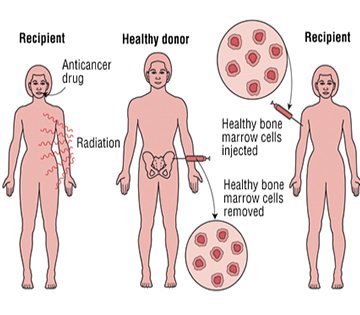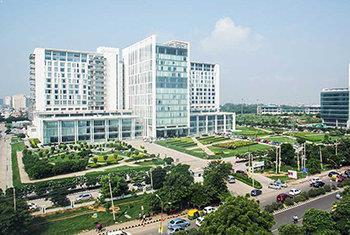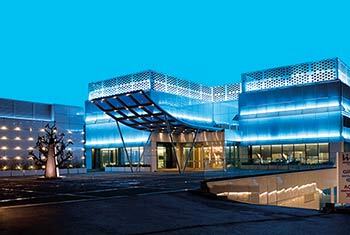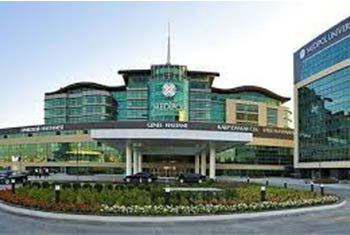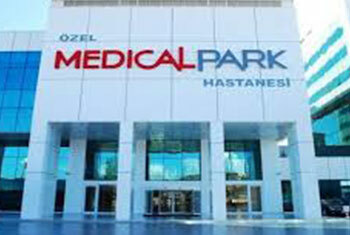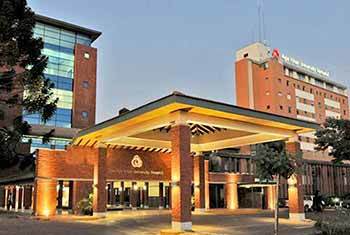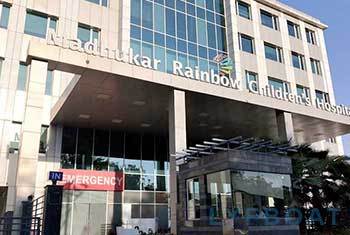Allogenic Bone Marrow Transplant Details
Bones form the skeletal system and provide shape to our body. They are essential to form the structural support for our body and provide anchor to various organs. Bones are rich in storing various elements and play a very important role in our day to day life. Your bones have a soft spongy inner part called the bone marrow that is responsible for generation of healthy blood cells. These cells help you fight infections and facilitate transportation of respiratory gases in your body. When bone starts producing faulty RBC or WBC then it becomes a big reason for worry and the condition might also become cancerous. Your doctor will decide whether to carry out a bone marrow transplant, in which diseased bone marrow is replaced with healthy stem cells. Bone marrow transplant can be used to treat various type of blood related cancers, sickle cell anemia, thalassemia etc.Stem cells are the cells which are undifferentiated and have the potential to take up the function and form of desired tissue in our body. There are various types of stem cells present in our body. Doctors can extract totipotent cells from the embryo or from the umbilical cord, these cells have the ability to for any cell of our body. Pluripotent cells have the ability to form any cell of the body apart from umbilical cord or placenta. This allows the production of more normal cells and helps you restore normal life. Allogeneic Transplant - In this type of transplant the donor is either a family member, close relative or any other person whose samples have matched with the recipient.Autologous Transplant - In autologous transplant the diseased person has healthy bone marrow in his body. So doctors extract the healthy marrow and process it, after that it is introduced to the site where it is needed.
